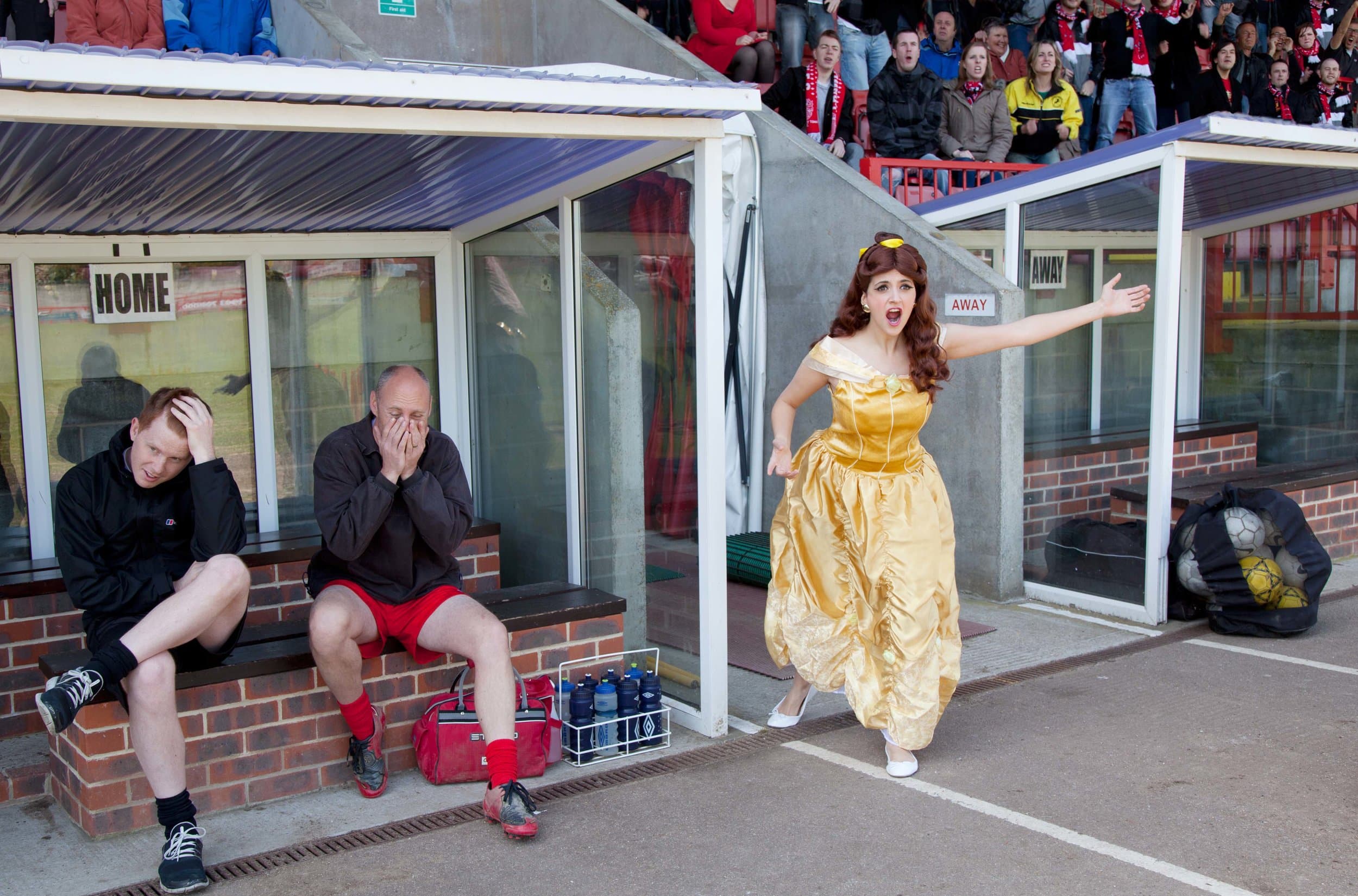Kate Manne is right: there is no doubt that the Trump campaign has foregrounded a crude misogyny pulsating in the American political id—along with xenophobia and racism. There is also no doubt that part of his appeal is to a subset of men who feel that women’s progress toward equality has denied them the kingly role in the castle that was their forebears’ by right. Many of Trump’s nastiest barbs have been directed at women who don’t adhere to traditional standards of beauty or deference to male authority. His attacks on Megyn Kelly, which took the form of bizarrely lurid fantasies about menstrual blood, look to be saturated with a profound fear of female anatomy seasoned by a heavy dose of old-fashioned castration anxiety.
Misogyny goes a long way to explaining Trump and part of the way to explaining opposition to abortion.
All true, but I can’t help but feel that Trump is too easy an opening target for this audience. What reader of this publication is not alarmed by his misogyny and nearly everything else about him? And who doesn’t want to fight it? There is an old legal maxim, “Hard cases make bad law.” You could say easy cases make bad think pieces.
In analyzing misogyny, Manne moves from Trump to abortion. Yes, there is a lot of misogyny in opposition to abortion. No one makes that case more clearly than George Gilder, a grade-A male chauvinist. (One of the things that turned Gilder from a 1970s liberal Republican into a leading theorist-publicist for the rabidly pro-market right was a proposed federally funded childcare program; Gilder feared that it would destroy the traditional family.) In Men and Marriage (1986), Gilder claimed that abortion and contraception represent “the erosion of male sexuality” because they shift “the balance of sexual power further in favor of women. . . . Male procreativity is now dependent, to a degree unprecedented in history, on the active pleasure of women. . . . The male penis is no longer a decisive organ in itself.”
An enthusiast’s version of what Manne condemns, right? But polls repeatedly show there is no significant gender gap on abortion. So either women have internalized a lot of misogyny—always possible, but the argument has to be made and not merely asserted—or there is a lot more to abortion opposition than what Gilder and Manne suggest. Where, for example, is Kristin Luker’s classic argument, from Abortion and the Politics of Motherhood (1984), that women who oppose abortion find its proponents contemptuous of their choices in life? Or more recent sociological evidence demonstrating that, unlike Trump and Ted Cruz, opponents of abortion activists do not generally hold troglodytic gender attitudes? (Lest readers wonder, I should say that access to free abortion on demand, no questions asked, is one of my bedrock political commitments.)
So misogyny goes a long way to explaining Trump and part of the way to explaining opposition to abortion. But the “Bernie bro” discourse is a much greater stretch. Since publishing a book sharply critical of Hillary Clinton from the left, I’ve received countless accusations of misogyny—some of them quite spirited but none containing a quotation from my book, because it is based entirely on her political history. Throughout the campaign, her supporters have cynically used accusations of misogyny to defame her critics. David Brock, her former attacker turned her attack dog, has put more than $1 million into social media battles and pledged to apply “lessons learned from online engagement with ‘Bernie Bros’ during the Democratic Primary” to the general election. There is little doubt that Brock & Co. have fed tales of Bernie bros to sympathetic journalists.
Manne’s account of the turmoil at the Nevada Democratic caucus is tendentious. Several angry men did call the woman chairing the meeting awful names. We live in a patriarchal society whose tentacles extend everywhere, even to the most decent among us. But five anonymous men tell us little about the millions of people who supported Sanders.
Nor does Manne’s style of analysis tell us anything about which Democratic candidate offered the kinds of policies that would give more power, independence, and security to women. She conveniently fails to mention Clinton’s support for the 1996 welfare reform bill, which did more damage to more women than any other policy in modern American history. Manne seems to prefer the realm of the discursive and ideological—which is important, don’t get me wrong—to the less glamorous material realm. It is not clear that she has a strategy for fighting misogyny beyond cataloging outrages and denouncing them.








